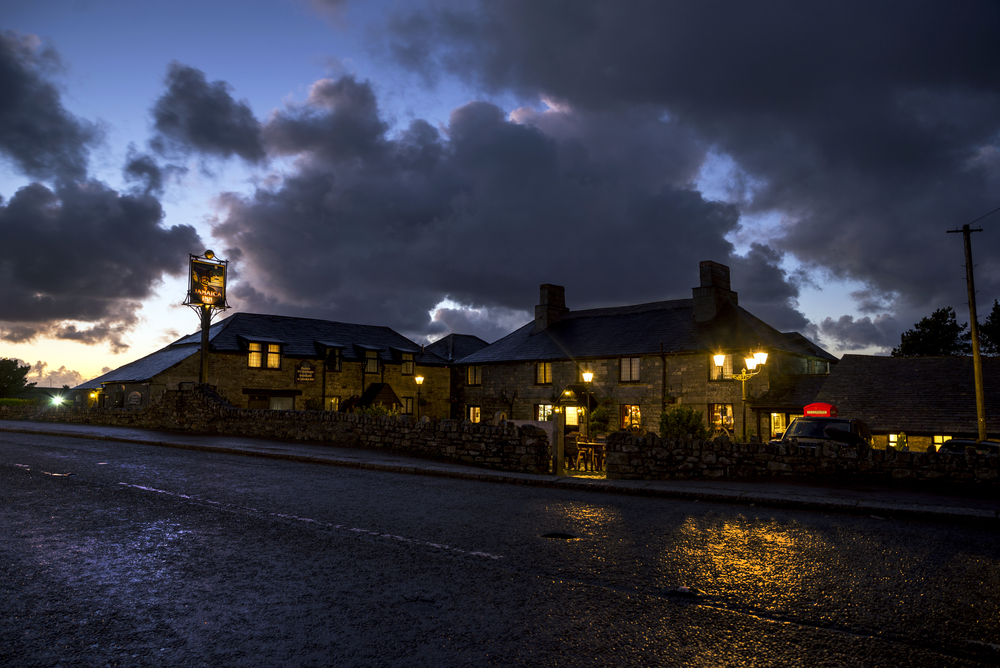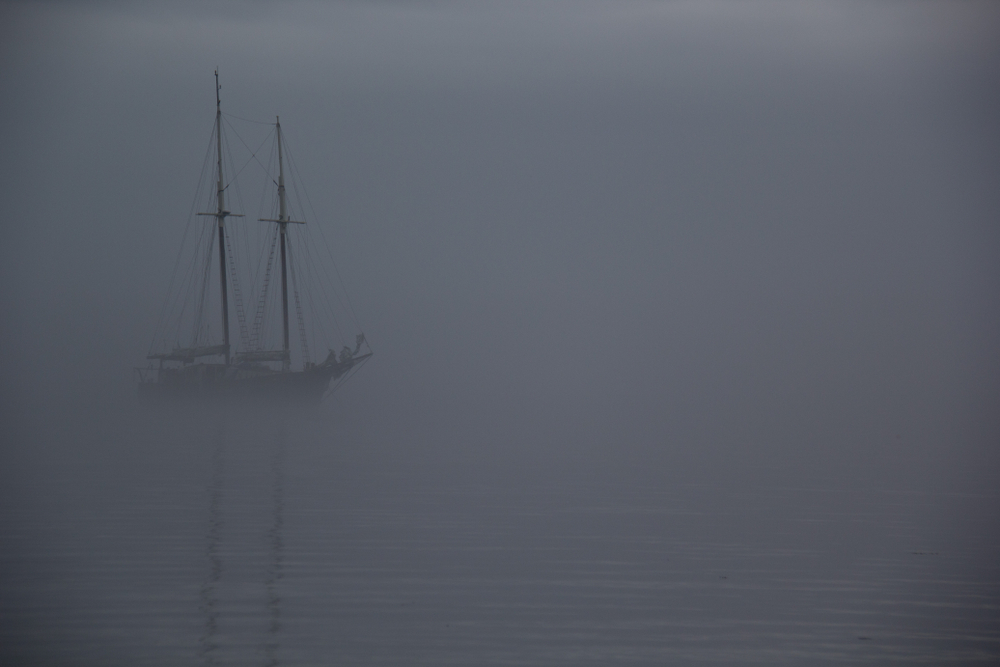Cornish Ghost Stories
It’s no surprise that a past rich with swashbuckling pirates and daring smugglers has resulted in a lot of nautical themed supernatural incidences in the south of England, and even in less coastal regions many sites are said to be inhabited by seafaring apparitions.
There was once an awful lot of myth and superstition in Cornwall too, ranging from an ancient belief in a well that could cure madness to a stone that rocked at midnight and remedied the effects of rickets disease. Though in the 21st century we tend to be a little more sceptical than our predecessors, there’s no denying that some of these ghost stories and legends are a bit creepy.
Jamaica Inn seems a good place to start when investigating the paranormal in Cornwall. It is perhaps the county’s most notorious building, having witnessed decades of less-than-legal activity and violent crime. Modern visitors are permitted to stay the night, but it appears that you must be strong of heart to do so; there have been multiple reports of phantom horse hooves and carriage wheels crossing the courtyard in the dead of night, and several people have claimed to have seen a man suspended from a nearby tree by his neck.
The most impressive tale, however, is that of a murdered traveller returning to the Inn just to finish his drink (it must have been an above average beer). Previous landlords believe that the strange, disembodied footsteps they’ve heard approaching the bar belong to this thirsty spirit, and on occasion he has been known to walk through solid doors or sit on the wall outside the establishment. Jamaica Inn was, and still is, a place of incredible atmosphere, and Daphne Du Maurier’s eponymous novel only accentuates its eerie isolation on Bodmin Moor.
Jamaica Inn, Launceston
It seems that hotels are a particular favourite for ghosts. In Boscastle, The Wellington Hotel is said to be frequented by the apparitions of an 18th century coachman, a suicidal young woman crossed in love, and a murdered man who disappears into the cellars. Similarly, the Dolphin Inn in Penzance is thought to be occupied by an old sea captain called George who wanders the pub’s corridors and occasionally sits on the end of people’s beds. One of the most interesting things to note about these supposed hauntings is that the ghosts are always from the same period. You don’t hear of ghosts from the 1970’s protesting the Vietnam War, or of encounters with the spirits of lovelorn 90’s kids clutching Gameboys and crying over the disintegration of the Spice Girls. Perhaps it’s because we no longer have such extreme reactions to being dumped, or because we’ve rid ourselves of the tendency to kill anyone who gets on our nerves, that we’re not visited by more contemporary ghouls.
For those of us who live in Penryn and Falmouth, it looks as though we’ve mostly avoided the presence of the supernatural. Besides the Morgawr, a giant sea serpent that supposedly resides in Falmouth Bay, there isn’t much else unusual about the area. Every now and then a Civil War era soldier is spotted at Pendennis Castle, or children’s laughter is heard echoing through the empty rooms there, but neither of these reports are particularly unexpected given its extensive history. Penryn has even fewer incidences of paranormal activity- there’s a legend that just before Christmas every year a troupe of headless horses lead a ghost carriage through the streets of the town and whisk away anyone who witnesses the procession, but that’s about it (I’m sure the local students would have something to say about it if it really was true).
As with anything unverifiable by science, belief in the supernatural is a choice. Even the most dubious of people can be converted by a single experience, and devoted supporters of the mystic can resume life as sceptics at any time; but regardless of individual views, it's easy to see that Cornwall is an extraordinary and enchanting place, and it’s unsurprising that creatures from mine fairies to mermaids have been conjured up by its rugged landscapes.
by Alice Benham



